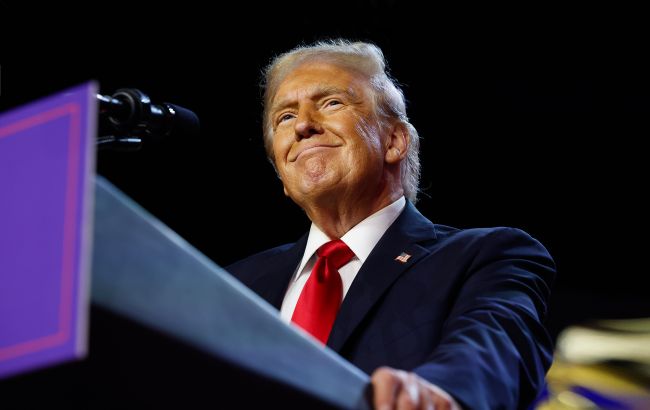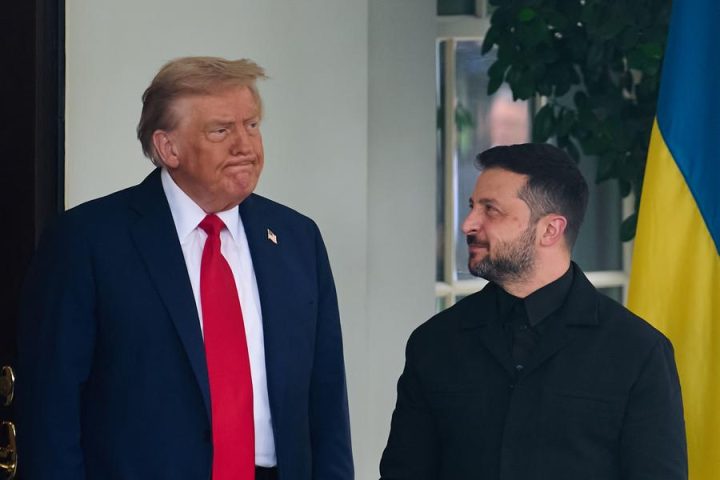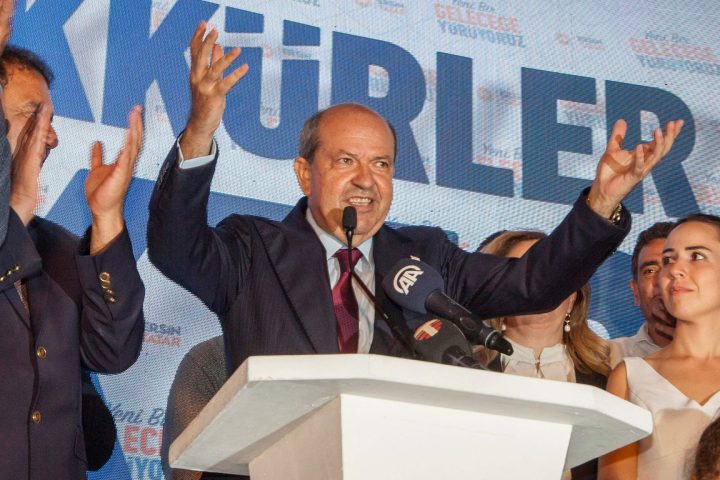Xi Jinping called for ‘national reunification’ in congratulating Taiwan’s new KMT party chief Chen Liwen, sparking controversy in Taipei.
Xi Jinping calls for ‘reunification’ after new KMT leader elected
Chinese President Xi Jinping on Sunday welcomed the new leader of Taiwan’s opposition party, Chen Liwen, calling for deeper cooperation between the parties and promoting “national reunification.”
The congratulatory message came amid rising tensions between Beijing and Taipei and accusations of Chinese election interference.
Call for “common political foundation”
As general secretary of the Communist Party of China, Xi stressed that the PRC and the Kuomintang (KMT) should “strengthen the common political foundation” and “unite the majority of the people of Taiwan” to expand exchanges, development and “promote the reunification of the motherland,” according to the state-run Xinhua news agency.
The Kuomintang is a traditionally pro-China party that Beijing sees as a convenient partner for dialogue, while current President Lai Qingde and his Democratic Progressive Party (DPP) are labeled “separatists” in China.
Chen Liven’s cautious response
In her message to Xi, Chen avoided direct mention of unification, instead emphasizing that both sides of the strait are “members of the Chinese nation,” referring to ethnic affinity rather than statehood.
“We should, based on the current realities, strengthen cross-strait cooperation and maintain peace and stability in the region,” the KMT said in a statement.
Chen, 55, a former lawmaker, opposes the increase in defense spending that the Lai Qingde administration is actively promoting with US support. She defeated former Taipei mayor Hao Longbin with just over 50% of the vote.
Accusations of Beijing interference
The election campaign has been overshadowed by allegations of Chinese interference.
Zhao Shao-kun, the KMT’s vice presidential candidate in the last election, said that social media was spreading disinformation against Hao. Beijing responded that the election was “the KMT’s internal affair” and that online comments “do not reflect the official position.”
On Facebook, Zhao called on the party to reduce its pro-Russian and pro-Chinese influence, saying that the election is decided by Taiwanese people, not mainland China.
Democratic Party reaction
DPP spokesman Justin Wu said late Saturday that there were “clear signs of Chinese interference” in the KMT’s internal party elections. In response, the KMT issued a brief statement:
“Who is this anyway?”
“Who is this anyway?”
While official relations between China and Taiwan have remained frozen since 2016, Chen’s election could open a cautious channel of communication between Beijing and Taipei — but also exacerbate internal disputes over the island’s independence and security.












